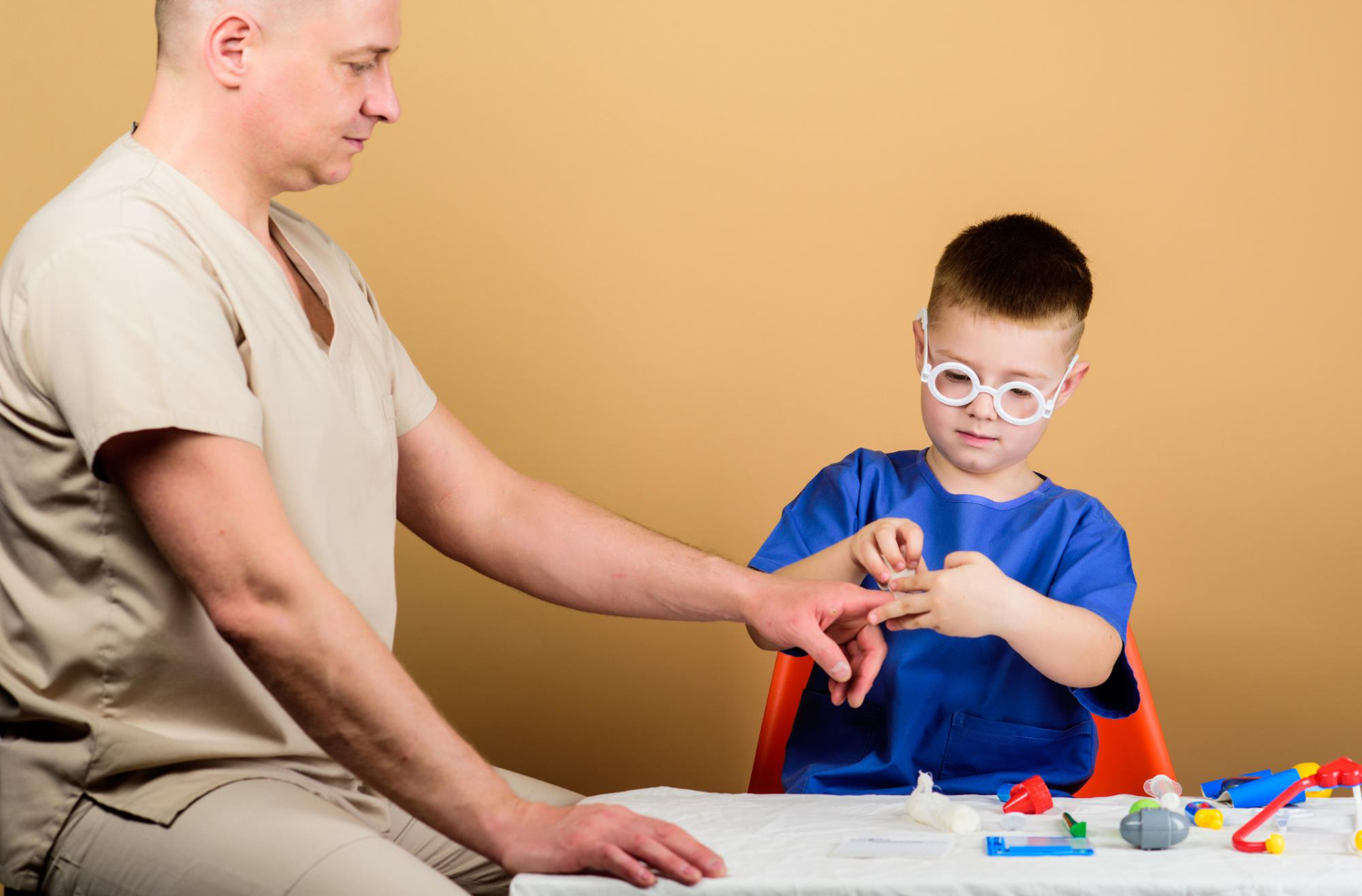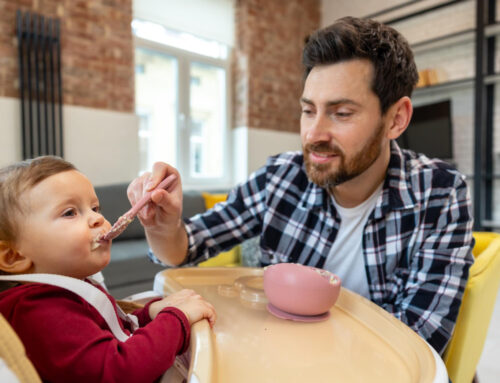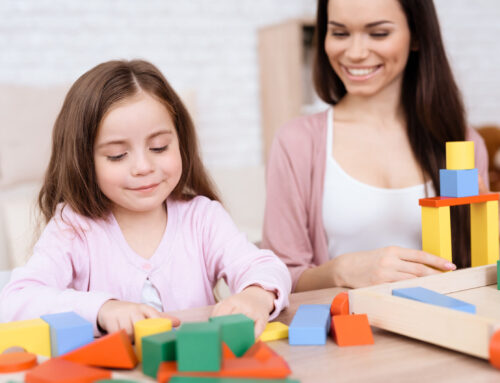Occupational therapy (OT) can significantly impact children, particularly those who face developmental, emotional, or physical challenges.
OT is designed to help kids become more independent by working on their fine and gross motor skills, sensory processing, coordination, and cognitive abilities. Through fun and engaging activities, OT can help children develop the skills they need to perform everyday tasks more easily and confidently.
But how can you tell if OT is truly making a difference in your child’s life?
What Is Occupational Therapy?
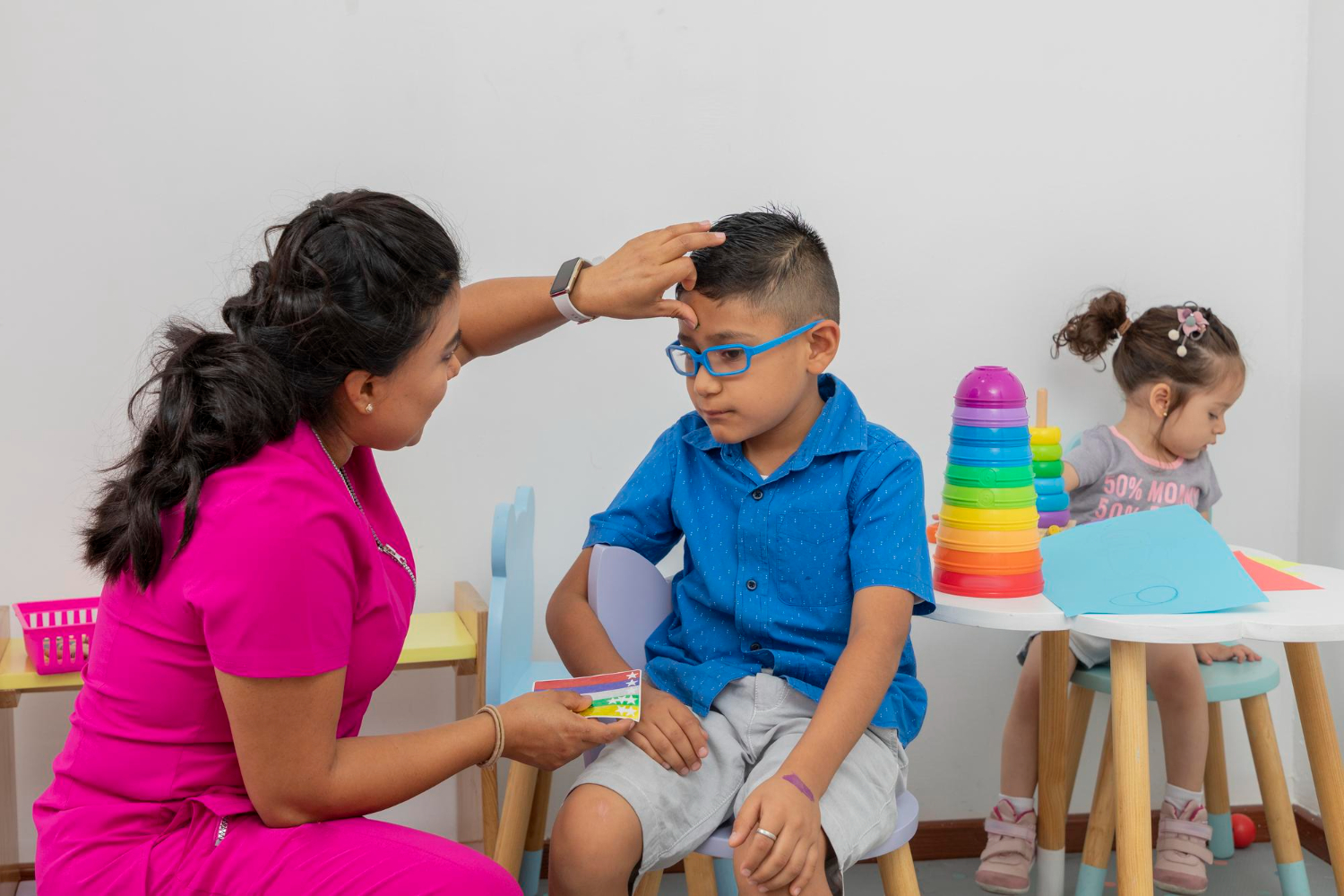
Occupational therapy is all about helping kids improve their everyday activities and become more independent. For children, this means working on things like playing, learning, and interacting with others. Occupational therapists create fun and interesting activities that are just right for each child’s needs.
These activities help kids improve important skills such as paying attention, controlling their emotions, and solving problems. By focusing on what each child is good at and what they enjoy, occupational therapy helps them feel more confident and successful. Overall, it supports kids in handling challenges and enjoying their daily lives more fully.
The Top Six Signs Indicating that Occupational Therapy is Beneficial for Your Child
1. Improved Fine Motor Skills
Fine motor skills involve the small muscles of the hands and fingers, which are crucial for writing, buttoning clothes, and using utensils. You may observe one of the most noticeable improvements in your child’s fine motor skills.
Post-OT, many children exhibit:
- Better Handwriting
One of the most common struggles for children is handwriting. Whether it’s forming letters or maintaining neatness, improved fine motor skills can make writing more comfortable and legible. If your child’s penmanship looks more consistent and accessible to read, that’s a strong sign OT is working.
- Enhanced Dexterity
You might notice your child becoming more adept at precision-related activities, such as tying shoes, zipping jackets, or opening containers. These once daunting tasks can become second nature thanks to the tailored exercises and interventions provided during OT sessions.
- Increased Strength and Coordination
Exercises focusing on grip strength, like playing or squeezing stress balls, can lead to stronger, more coordinated hands. This improvement can also translate to better performance in sports or other physical activities that require fine motor skills.
2. Enhanced Gross Motor Skills
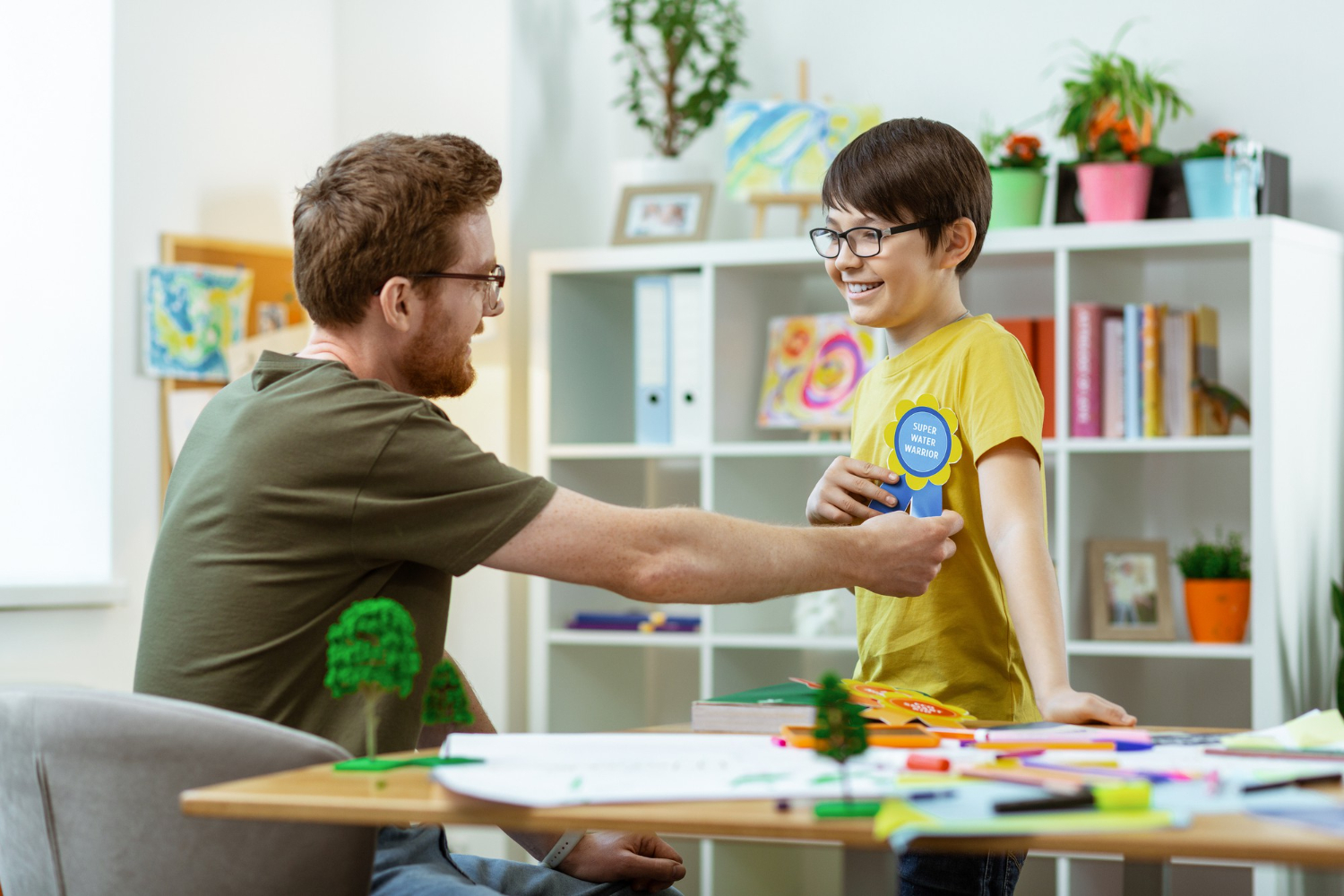
Gross motor skills involve the larger muscles used in activities like running, jumping, and climbing. Improvements in this area can significantly boost your child’s confidence and ability to participate in physical activities.
Here are some ways you might see enhancements:
- Better Balance and Coordination
Children struggling with gross motor skills often have difficulty with balance and coordination. Post-OT, you might notice your child can now walk a straight line, balance on one foot, or coordinate their movements more smoothly during sports and play.
- Improved Strength and Endurance
Through targeted exercises, OT helps build muscle strength and improve cardiovascular endurance. Your child might run faster, jump higher, or simply show more stamina during playtime.
- Increased Confidence in Physical Activities
Mastering gross motor skills can make physical activities more enjoyable for your child. Whether it’s climbing the jungle gym, riding a bike, or participating in team sports, enhanced gross motor skills can lead to greater confidence and eagerness to partake in physical activities.
3. Better Sensory Processing
Sensory processing issues can be a significant hurdle for many children, causing them to overreact or underreact to sensory stimuli. OT can help children better manage their sensory needs and respond more appropriately to their environment.
Look for these signs of improvement:
- Reduced Sensory Overload
Children with sensory processing issues may become easily overwhelmed by loud noises, bright lights, or certain textures. With OT, your child might start to tolerate these sensory inputs better, reducing meltdowns and improving their ability to function in various settings.
- Improved Focus and Attention
Managing sensory input more effectively can also enhance your child’s focus and attention span. You might notice they can now sit through an entire meal, focus on homework for extended periods, or participate more fully in classroom activities.
- Better Self-Regulation
Self-regulation is managing one’s emotions and behavior in response to sensory input. Post-OT, your child might show improved emotional control, less impulsivity, and better coping strategies for sensory overload.
4. Enhanced Social Skills
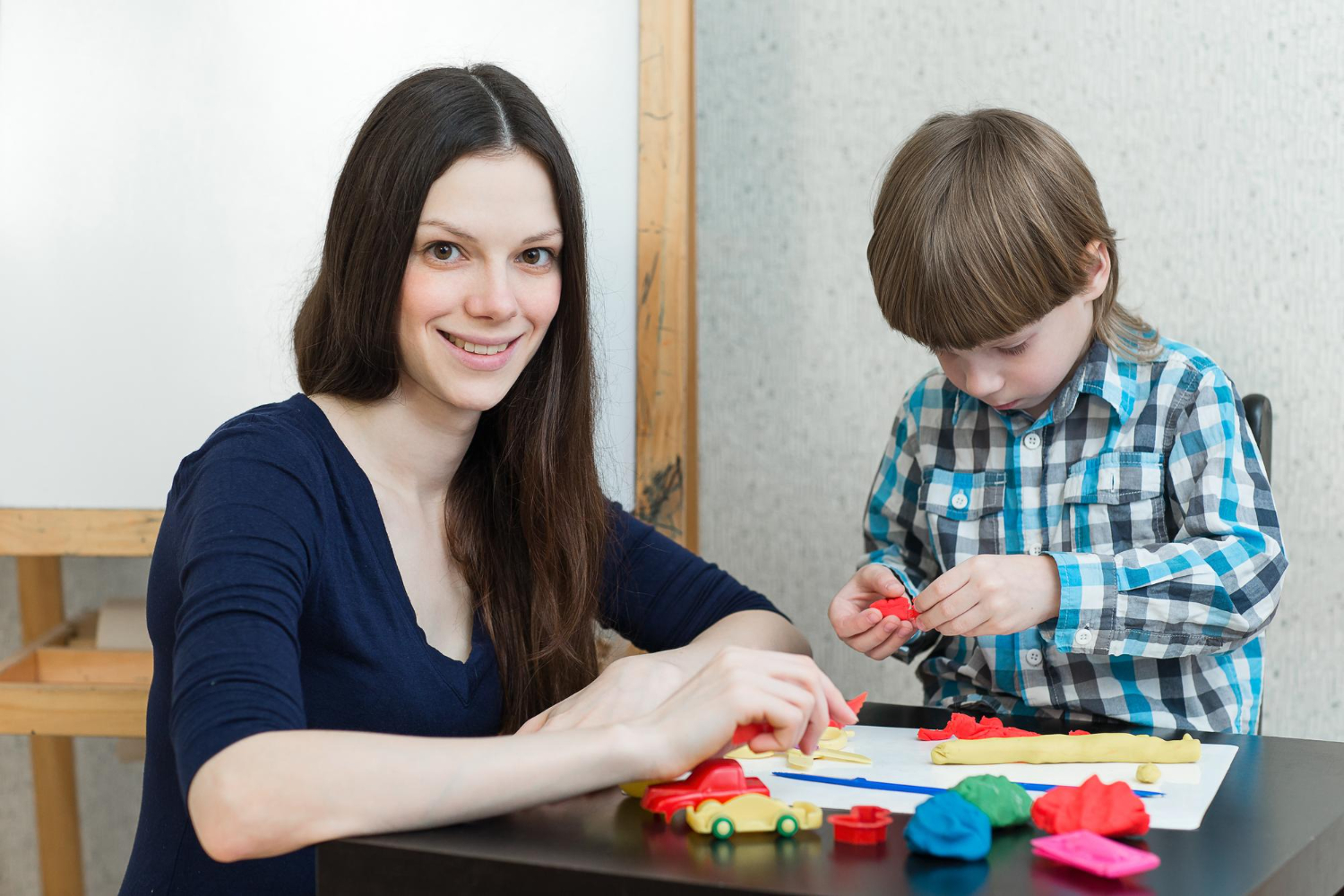
Social skills are crucial for building relationships and navigating social environments. OT can help children develop these skills, making social interactions more enjoyable and less stressful.
Here are some improvements to look for:
- Improved Communication
Effective communication is the foundation of strong social skills. Post-OT, you might notice your child becoming more articulate, better at following conversations, and more confident in expressing their thoughts and feelings.
- Better Understanding of Social Cues
Children with social skill deficits often struggle to interpret social cues like body language, facial expressions, and tone of voice. Improved understanding of these cues can lead to more successful and enjoyable social interactions, reducing misunderstandings and conflicts.
- Increased Participation in Social Activities
With improved social skills, your child may become more willing to engage in social activities, whether it’s playing with peers, joining extracurricular activities, or participating in family gatherings. This increased participation can lead to stronger relationships and a more fulfilling social life.
5. Greater Independence
One of the primary goals of OT is to help children become more independent in their daily lives. This independence can manifest in various ways, enhancing your child’s confidence and quality of life.
Look for these signs of increased independence:
- Improved Self-Care Skills
Self-care skills include tasks like dressing, grooming, and feeding oneself. Post-OT, you might notice your child becoming more capable of completing these tasks independently, reducing their reliance on caregivers and boosting their self-esteem.
- Better Organizational Skills
Organizational skills are crucial for managing tasks and responsibilities effectively. Improved skills in this area might mean your child is better at keeping track of homework assignments, organizing their belongings, or following a daily routine.
- Increased Problem-Solving Abilities
Problem-solving is a critical life skill that enables children to tackle challenges and find solutions. Post-OT, your child might show improved problem-solving abilities, whether it’s figuring out how to complete a puzzle, resolve a conflict, or manage a difficult task.
6. Enhanced Emotional Well-Being
Finally, one of the most profound benefits of OT is the positive impact on your child’s emotional well-being. Improved skills and increased independence can lead to greater self-confidence and happiness.
Here are some signs of enhanced emotional well-being:
- Increased Self-Esteem
Mastering new skills and gaining independence can significantly boost your child’s self-esteem. You might notice them taking more pride in their accomplishments, showing greater resilience in the face of challenges, and displaying a more positive self-image.
- Reduced Anxiety
Children with developmental or sensory processing challenges often experience anxiety. OT can help reduce this anxiety by providing strategies to manage sensory input, improve social skills, and increase independence. Reduced anxiety can lead to a happier, more relaxed child better equipped to handle daily challenges.
- Greater Overall Happiness
When all these factors come together—improved motor skills, better sensory processing, enhanced social skills, increased independence, and improved emotional well-being—the overall result is a happier, more fulfilled child. This happiness can positively impact all areas of their life, from school performance to family relationships.
Experience the Benefits of Occupational Therapy in Your Children with Theracare Pediatric Services.
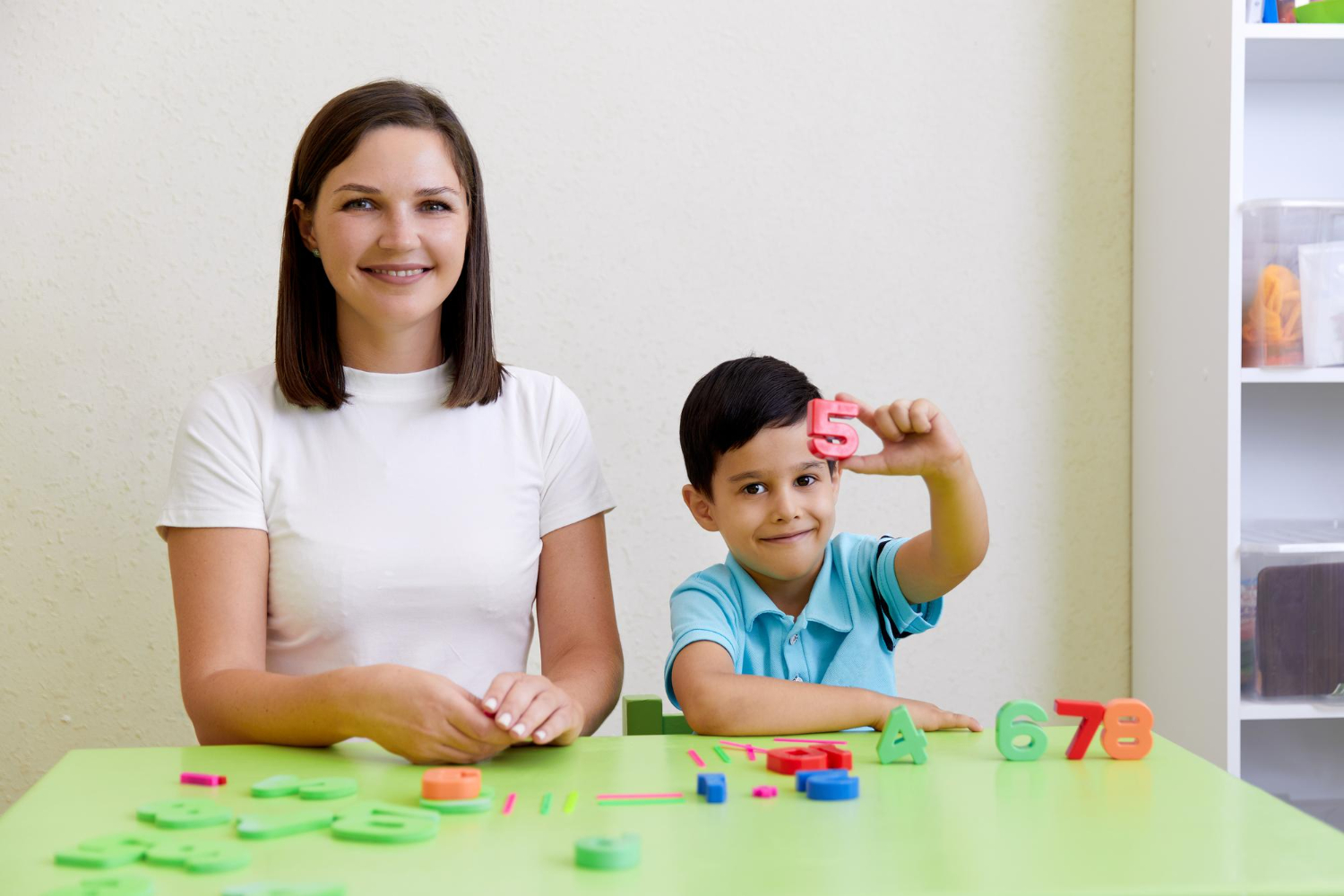
In summary, occupational therapy can positively change your child’s life. If you notice signs like improved motor skills, better coordination, increased focus, and greater confidence, these could indicate that OT works well for your child.
At Theracare Pediatric Services, we specialize in providing personalized occupational therapy to help children thrive. Our skilled therapists create customized plans to support your child’s unique needs and encourage growth in all areas.
Contact us if you have any questions or want to learn more about how we can help. We’re here to support you and your child on your journey toward success!

